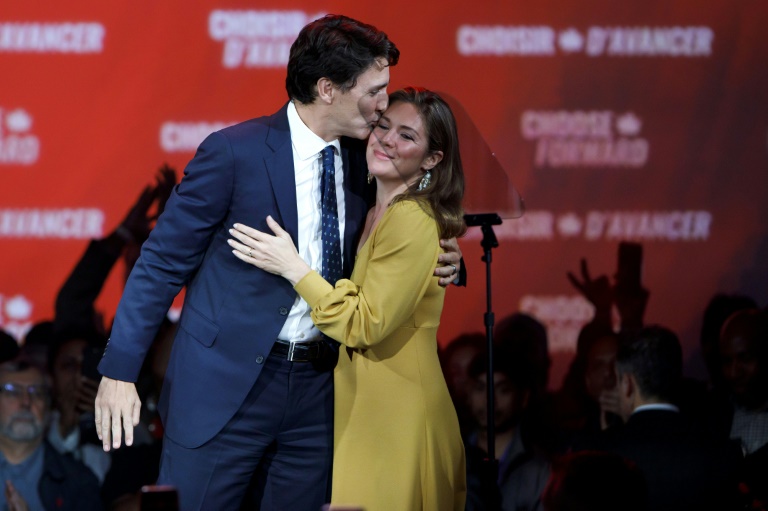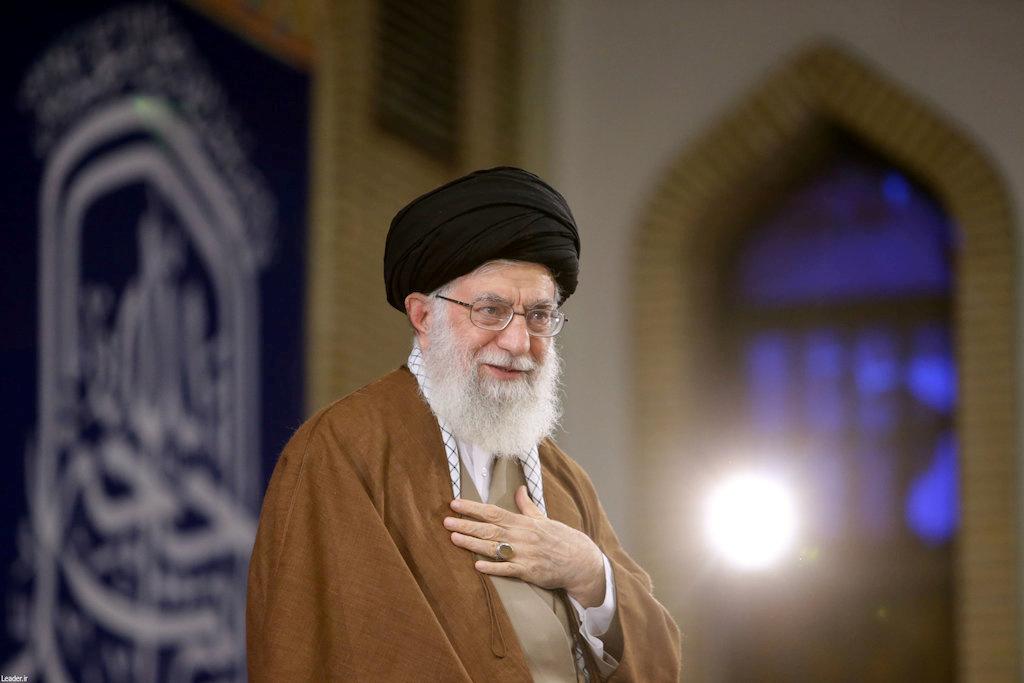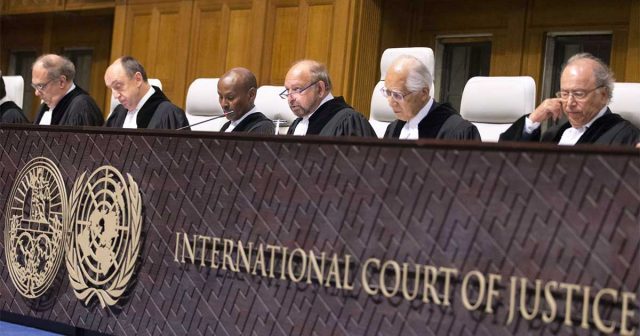Conspicuously absent in recent discussions on the situation in Egypt are its similarities with the post-revolutionary struggles in Iran. This is particularly true in regard to the draft constitution and the kind of dissent it has generated among the opponents of the Muslim Brotherhood.
There are a number of similarities with the Iranian situation that I would like to highlight:
The first point I want to make is that before returning to Iran from Paris, in 1979, Ayatollah Ruhollah Khomeini commissioned H. Habibi, a liberal jurist, to draft a constitution for the post-revolutionary regime.
Habibi, who had strong affinity with French constitutional law, particularly that of the Fifth Republic, wrote a draft that for the most part resembled the French constitution. He submitted the draft and Khomeini approvingly wrote a few comments in its margins. He added some provisions about limiting the authority of the presidency and making the constitution more amenable to a parliamentary republican system, with a strong prime minister’s office. He was more interested in decentralizing the power of the presidency. The plan was to form a Constitutional Assembly in order to approve the new constitution and then put it to a referendum.
After the draft was published, the liberal and leftist opposition launched an extensive campaign against it. Liberals were most concerned about the draft’s lack of full guarantees of civil liberties and human rights, and leftists about its ambiguity about decentralized municipal powers and issues of social justice. The Iranian lawyers association went so far as to demand that the Universal Declaration of Human Rights in its totality be included as an independent section in the constitution.
The draft by no means was an ideal constitution. But it was far more “progressive” and inclusive than the former constitutional monarchy and a much better draft than the one approved in a referendum a few months later. The most important point in that draft was that there was no mention of Velayat-e Faqih, a theory that holds that one Islamic jurist has custodianship over his people.
I think the Iranian liberals and left made a strategic mistake and miscalculated their social power by opposing the first draft of the constitution. What became the constitution of the Islamic Republic was partly the result of a political infantilism that exchanged a half-baked constitution with one that was fully burned.
This of course, I should reiterate, was not the only reason that Velayat-e Faqih became a pillar of the new constitution, but the liberals’ and leftists’ strategic mistake and their miscalculations played a significant role. (I discuss this issue at length in my book, “Islam and Dissent in Post-revolutionary Iran.”)
The second issue deserving consideration is that, as was true in the Iranian case, one needs to think of the constitution as a living document that reflects the hopes, desires, values and social relations of a nation.
How does a constitution reflect voices of the nation it tries to constitute?
Trying to create a document that ideally includes all imaginable rights and responsibilities without any reservation or restriction does not necessarily lead to a perfect constitution. Constitutions are contingent, and political parties that recognize and consider those contingencies are often more successful in making their case to their own people.
Thirdly, I think the underlying issue in Egypt is not the content of the constitution, or even the process of drafting it. The issue is discontent with the idea of a Brotherhood administration.
There is no doubt that the Brotherhood will try to expand its control over political authority and resist other parties’ calls for power-sharing. But how should these parties face the reality of a Brotherhood administration? What happens if, in a recall election, President Mohamed Morsy wins again and the Brotherhood takes a majority in the Constituent Assembly and Parliament?
This is an interesting dilemma that is not very unfamiliar. How does a society move forward if a coalition of parties can assert its control and power in street politics and rallies, but fall short of actual votes in electoral politics?
I think, like the Iranian experience, the opposition is putting all of its eggs in the basket of a war of maneuver, instead of investing in a war of position (to borrow from our good old friend Antonio Gramsci).
Political parties need to be constantly aware of the extent of their social base and the ways they can count on that base to support them in moments of crisis.
That was the problem for the Iranian opposition. That seems to be a problem for the Egyptian opposition. I might be wrong and not have a clear sense of the extent of popular support for the opposition. But in any case, the opposition needs to expand its social base both with street politics as well as electoral processes. Radicalization of street politics might also lead to marginalization of a movement and perhaps that is one of the elements of the Brotherhood’s strategic thinking.
In 1980 and 1981, there was a very significant opposition force in Iran against Khomeini’s rule. That vocal and organized opposition, however, did not translate into a network that could sustain its livelihood. It was annihilated with massive executions and arrests.
This scenario is rather unlikely in today’s Egypt. But there is a lesson there that needs to be revisited.
In Egypt, there exists neither a charismatic leader comparable to Khomeini, nor a clerical establishment that is organized enough to be able to create the institutional means of new governance. In Iran, the Islamic Republic was realized with significant legitimacy, but in Egypt such a possibility is remote.
This is not a scenario only for Egypt or Iran. Thomas Frank opened his “What’s the Matter with Kansas” with a piercing sentence: “America is always in a state of quasi-civil war. On the one side are the unpretentious millions of authentic Americans; on the other stand the bookish, all-powerful liberals who run the country but are contemptuous of the tastes and beliefs of the people who inhabit it.”
This is also true in Iran and Egypt. It doesn’t necessarily mean that intellectuals must adopt a populist agenda in order to please or reflect the mores and values of the masses. The masses can be wrong. But the way to change their ideas often goes through a painstaking road that combines street politics, revolutions, reform, education, cultural politics and all other means necessary.
Behrooz Ghamari-Tabrizi is associate professor of history and sociology, University of Illinois, USA.




